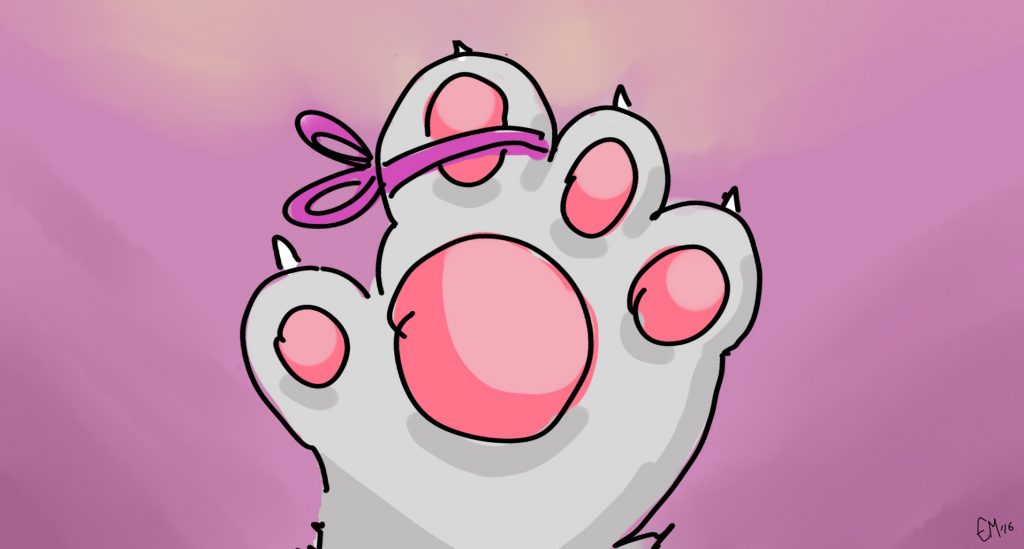October is Domestic Violence Awareness Month. What may seem to some like a distant issue is actually extraordinarily pervasive. It affects individuals in all stages of life, including college students, and has hurtful, damaging, dangerous and confusing consequences.
For all the cases of sexual assault that have been a staple in news feeds across the country, there are many more that go unnoticed, unreported and undiscussed. Likewise, emotional and physical abuse extends into intimate relationships and is often treated as taboo. This severely limits the discourse that can be had on this problem.
For this reason, efforts like Domestic Violence Awareness Month and other educational initiatives are necessary to combat abuse in its many forms. While these events serve to increase overall the overall consciousness about these issues, it will take more than just heightened awareness to bring true change.
In the Black Student Union’s letter to the editor, the group calls on a boycott of rap artist Fetty Wap’s fall concert because of violent threats he made to the mother of his child. His actions remind us that celebrity should not excuse hate. Although it may seem obvious, it is vital to recognize that recent raw political speech and divisive cultural messages are not the norm, and are not the standard to which we should hold ourselves. With the recent allegations and comments made during this presidential election, it’s easy to become desensitized to issues of sexual assault and misogyny.
Under these circumstances, it is important, now more than ever, to fully understand this issues, and how we can help to fix it. While there might be people tabling in the Marketplace for Domestic Violence Awareness Month, their efforts will be for nothing if students do not stop by. Take the increased dialogue that is happening around as an opportunity to educate yourself. Learn about the warning signs. Learn about campus resources. Learn about how you can support those affected around you.
Whether or not you can see them, domestic violence and other forms of intimate partner violence may be happening all around you. Those in abusive relationships may feel afraid to address their situation or may not even realize they are being mistreated. It is for this reason that we must stay aware of what constitutes abuse and make sure we stop it when we can.
Speak out. If our society cannot address these issues when they arise in the public eye, then there is little hope that they can be effectively combatted in the private sphere. If you believe that you or someone you know is in an abusive situation, do not hesitate to take advantage of Binghamton University’s domestic violence resources, which you can find more information about in Pipe Dream’s article, “Domestic violence help.”



